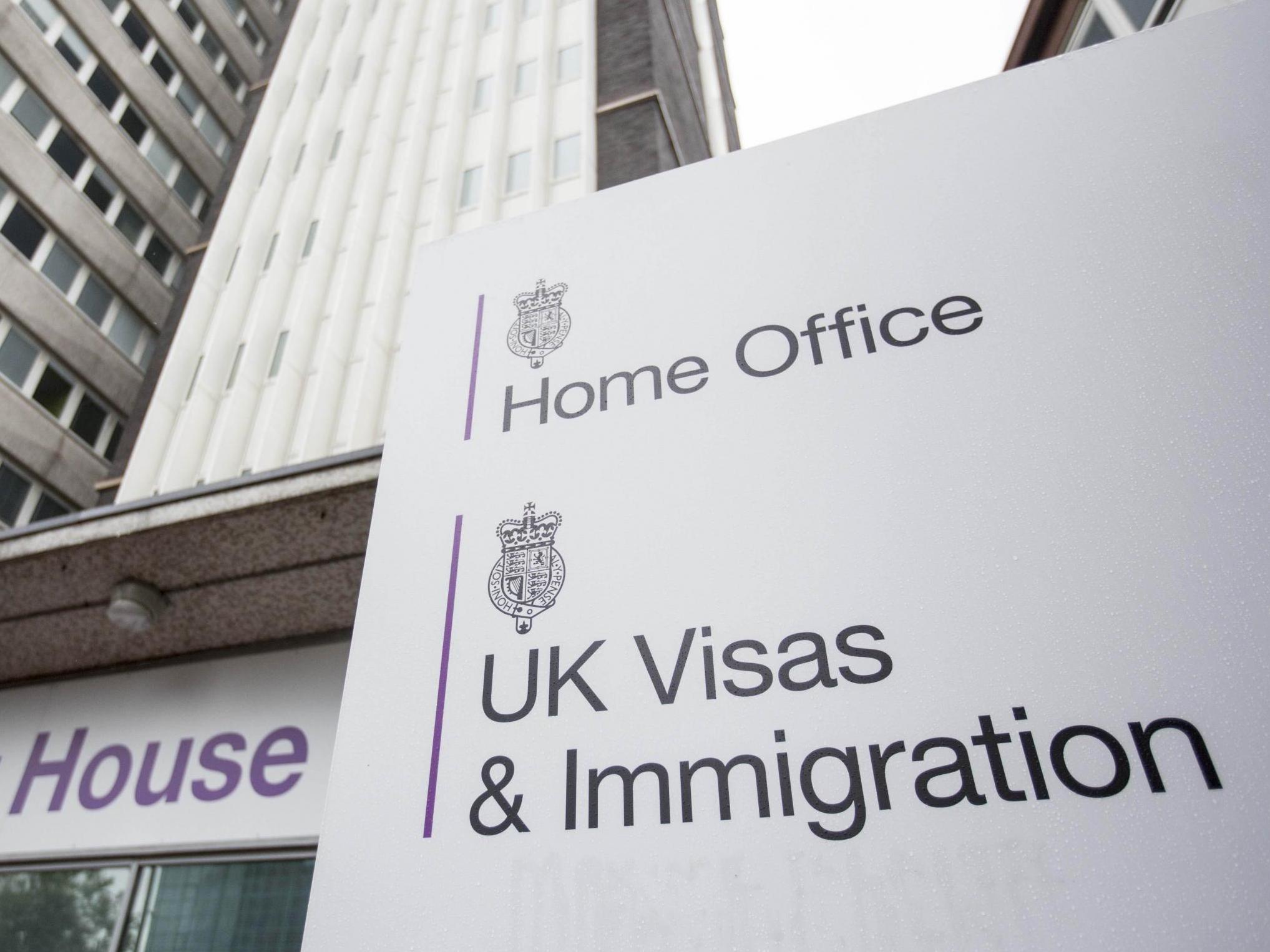This shameless profiteering from our cruel immigration laws needs to stop
The Home Office can try to outsource the delivery of its services, but it cannot outsource its responsibilities too


Your support helps us to tell the story
From reproductive rights to climate change to Big Tech, The Independent is on the ground when the story is developing. Whether it's investigating the financials of Elon Musk's pro-Trump PAC or producing our latest documentary, 'The A Word', which shines a light on the American women fighting for reproductive rights, we know how important it is to parse out the facts from the messaging.
At such a critical moment in US history, we need reporters on the ground. Your donation allows us to keep sending journalists to speak to both sides of the story.
The Independent is trusted by Americans across the entire political spectrum. And unlike many other quality news outlets, we choose not to lock Americans out of our reporting and analysis with paywalls. We believe quality journalism should be available to everyone, paid for by those who can afford it.
Your support makes all the difference.The Home Office has been heavily criticised for outsourcing immigration services "on the cheap". The chief inspector of Borders and Immigration, David Bolt, claimed that subcontracting services had become part of the Home Office's "modus operandi" and he questioned whether the department had sufficient oversight to perform its duties. These criticisms are supported by the Law Society president, Simon Davis, who called Home Office subcontracting practices "a can of worms from the very start".
Last month, The Independent revealed the French firm Sopra Steria had earned millions for providing what lawyers branded a "substandard service", forcing some applicants to pay high fees and travel hundreds of miles to submit their applications on time.
While this is shocking, it is not surprising, nor is it a recent development. In 2016, serious concerns were raised when it was revealed that many asylum seekers in Middlesbrough were identifiable by having homes with red painted doors. Despite complaints being raised since 2012, it took four years of repeated reports of asylum seekers being targeted before these problems came to national attention.
At the time, then Home Secretary Theresa May had launched her hostile environment campaign which some critics have blamed in part for stirring hostilities against migrants, especially asylum seekers.
The immigration minister James Brokenshire called for an urgent audit of the situation which he'd been unaware of – and this exposes the heart of the problem: the Home Office can try to outsource the delivery of its services, but it cannot outsource its responsibilities too.
As more services are handled externally, there has clearly been less oversight with ministers left unaware and ill-informed about how the immigration system they are supposed to manage is actually functioning.
The issue is not only the lack of oversight over immigration services, but also the rampant profiteering off immigration-related fees. As prime minister, May next moved to introduce a £5.48 fee for prospective migrants to send emails to the Home Office in a deal outsourced to Sitel UK. The Home Office has thus far refused to say how much has been paid or what profits earned
The Home Office already makes a hefty profit of up to 900 per cent on the processing of immigration-related fees. Not only are migrants paying the full costs for the delivery of immigration services, a large share of what is charged goes to non-immigration purposes including the profits of firms services are outsourced to.
While outsourcing services is not new, it has reached its greatest heights under the leadership of Theresa May as home secretary and then prime minister. This move has not improved the quality of the immigration services provided, has not increased its efficiency in handling applications and it has left a profit-heavy service cash-poor with chronic underinvestment in front-line services, immigration enforcement and integration projects, including English language classes.
Rolling back these agreements and taking services back in house won't happen overnight, but a necessary direction of travel if a future government is going to have any hope at improving public confidence in the immigration system. Doing nothing and maintaining the status quo is not an option.
A first step in the right direction would be for the Home Office to establish the immigration system as self-funded and self-sustaining run entirely by the immigration-related fees raised. If the public understood that no public money supports or is needed to fund the immigration system as is the case, then this could go some way at countering popular misconceptions of migrants as a drain on public finances.
This should be launched with a commitment to spending most, if not all, earned on immigration-related services. That would help prevent the use of immigration fees for profiteering, diverting money out of a system that requires much more of the resources it receives to function properly. A new government wanting to break with May's legacy would do well to make this move and rebuild confidence in a system sorely in need of it.
Thom Brooks is dean of Durham Law School
Join our commenting forum
Join thought-provoking conversations, follow other Independent readers and see their replies
Comments